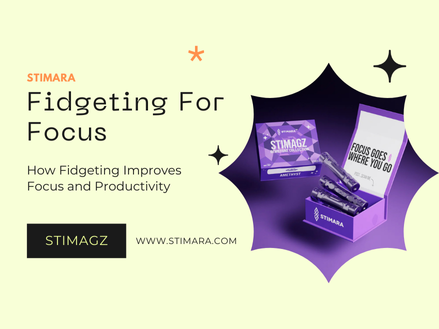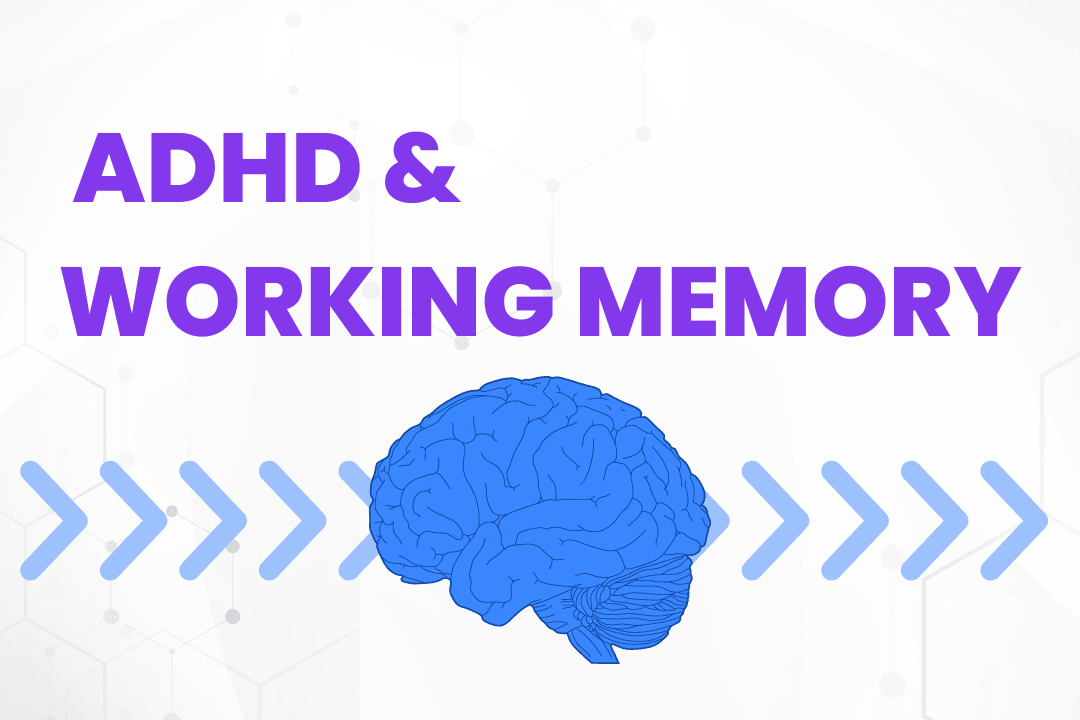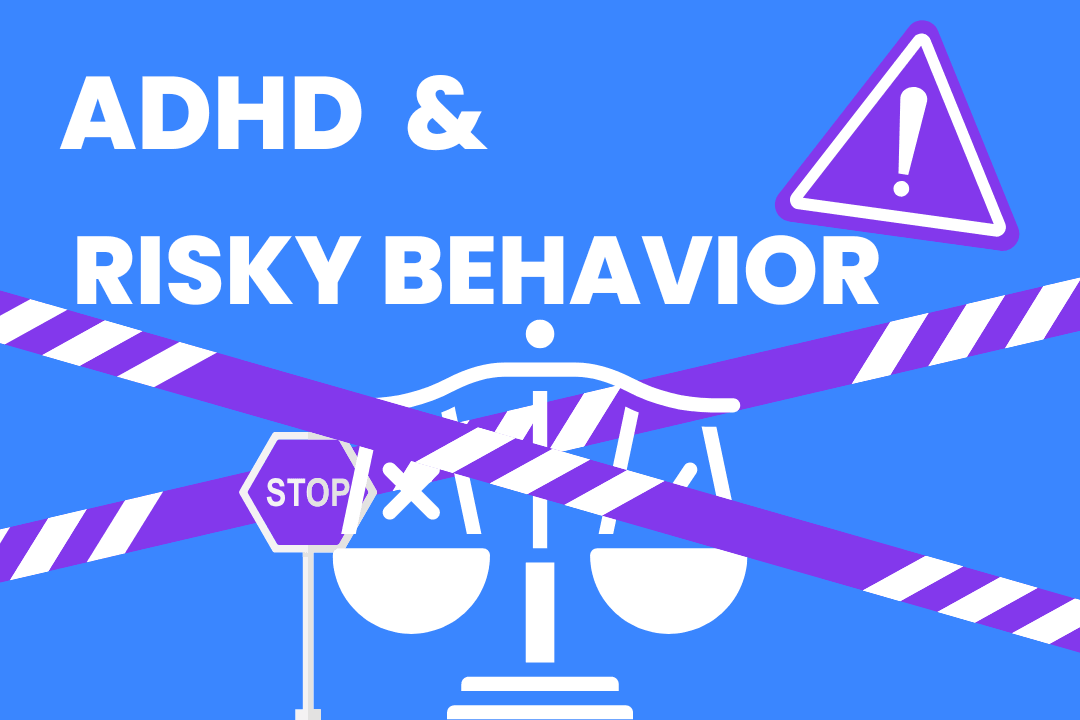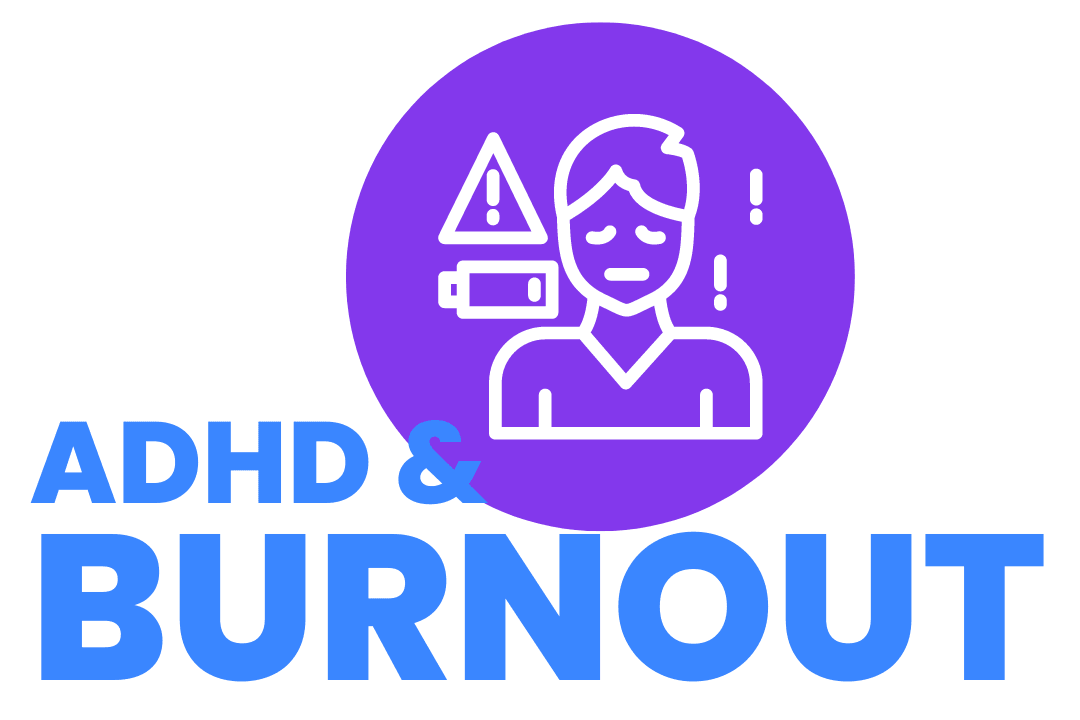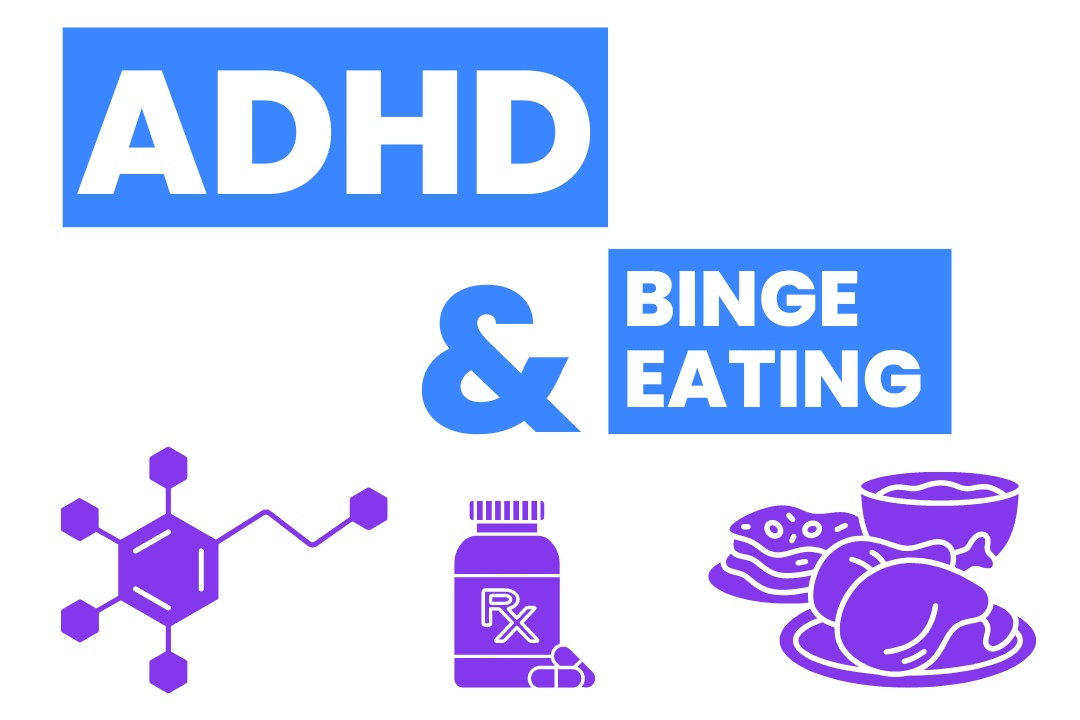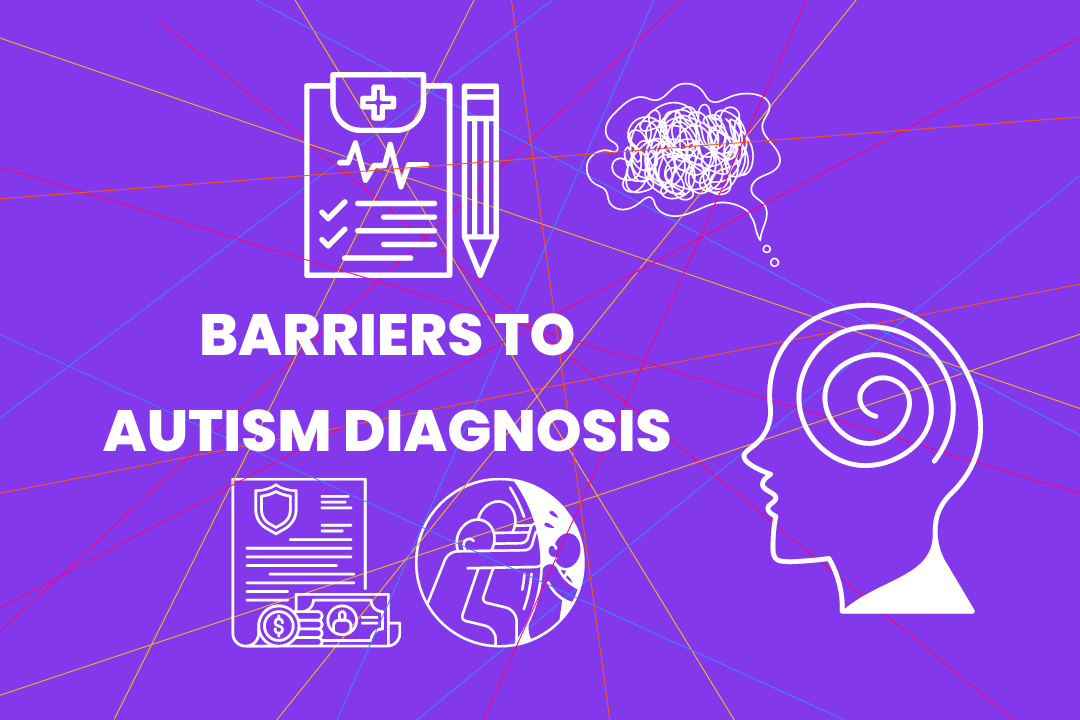How Fidget Tools Help with Stress: Do They Really Work?
How Fidgeting Improves Focus and Productivity
ADHD & Binge Eating Disorder (BED)
While binge eating patterns do not necessarily equate to Binge Eating Disorder (BED), people with ADHD are far more likely to experience these patterns to the extent of becoming diagnosable. There are a number of neurological connections between ADHD and BED, including neurotransmitter deficiencies favoring dopamine, cravings for particular sensory input. Stimulant medications such as methylphenidate and amphetamine, prescribed to people with ADHD to correct these deficiencies and assist focus, also affect hunger patterns. Anxiety and depression are comorbid conditions in both ADHD and BED that have their own effects on dietary routines. There are numerous risks concerning mental and physical health associated with untreated BED, which can be mitigated with the help of a medical professional.




